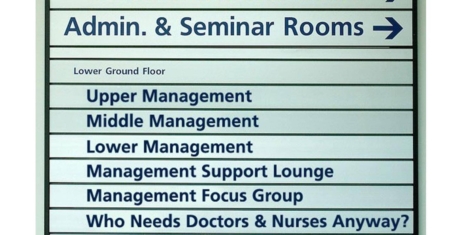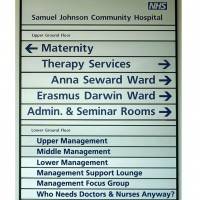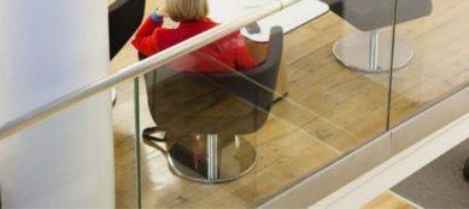February 11, 2016
New chair of Women on Boards to review FTSE 350 representation 0
 The government has appointed a new chair to carry on the work of Lord Davies’s Women on Boards Review which was set up in February 2011 to determine the obstacles preventing more women from reaching senior executive positions. The Chair of GlaxoSmithKline, and former Chair of RBS and Sainsbury’s, Sir Philip Hampton, has been appointed to lead the review of representation at FTSE 350 companies. Dame Helen Alexander, Chair of UBM, will take on the role of Deputy Chair to the review. The new review will continue on from Davies’s voluntary business led initiative, which saw female representation on boards in the FTSE 100 rise from 12.5 percent to beyond the target of 25 percent. The next phase of the review will focus on one of the key recommendations from Lord Davies’s report, building a pipeline for female executives and emerging non-executive directors to improve representation at the executive layer of companies.
The government has appointed a new chair to carry on the work of Lord Davies’s Women on Boards Review which was set up in February 2011 to determine the obstacles preventing more women from reaching senior executive positions. The Chair of GlaxoSmithKline, and former Chair of RBS and Sainsbury’s, Sir Philip Hampton, has been appointed to lead the review of representation at FTSE 350 companies. Dame Helen Alexander, Chair of UBM, will take on the role of Deputy Chair to the review. The new review will continue on from Davies’s voluntary business led initiative, which saw female representation on boards in the FTSE 100 rise from 12.5 percent to beyond the target of 25 percent. The next phase of the review will focus on one of the key recommendations from Lord Davies’s report, building a pipeline for female executives and emerging non-executive directors to improve representation at the executive layer of companies.

































February 3, 2016
HR managers must innovate to stay relevant in the evolving workplace 0
by Sara Bean • Comment, Flexible working, Workplace
(more…)